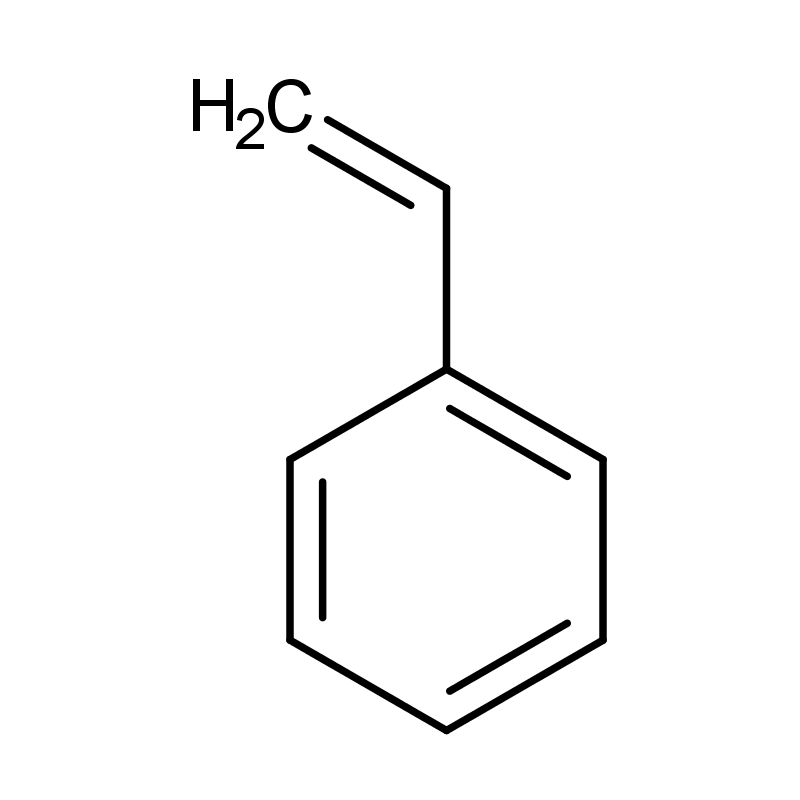-
Categories
-
Pharmaceutical Intermediates
-
Active Pharmaceutical Ingredients
-
Food Additives
- Industrial Coatings
- Agrochemicals
- Dyes and Pigments
- Surfactant
- Flavors and Fragrances
- Chemical Reagents
- Catalyst and Auxiliary
- Natural Products
- Inorganic Chemistry
-
Organic Chemistry
-
Biochemical Engineering
- Analytical Chemistry
-
Cosmetic Ingredient
- Water Treatment Chemical
-
Pharmaceutical Intermediates
Promotion
ECHEMI Mall
Wholesale
Weekly Price
Exhibition
News
-
Trade Service
In Java, Indonesia, environmental group ECOTON has built the plastic waste museum "3F" (Fish Fersus Flastik) to remind people of the dangers of plastic waste polluting rivers and oceans
.
The museum is made up of more than 4,000 pieces of plastic waste
.
The exhibition aims to educate people to reduce the use of single-use plastics that pollute Indonesia's rivers
.
The exhibition has received more than 400 visitors since it opened last month
.
In the exhibition, visitors are invited to explore underwater life, showing the misery of the fish living on the riverbed coexisting with plastic waste
.
ECOTON's findings show that there are more microplastics than plankton
.
The United Nations Environment Programme predicts that by 2050, there will be more plastic than fish
.
People wandered in the aisles made of plastic bottles
.
The bottles were collected from several rivers around the city
.
It also became a selfie spot in the exhibition, with visitors taking selfies against the backdrop of thousands of hanging water bottles
.
Volunteers help clean up plastic waste from the exhibition
.
Someone said "I feel ashamed to see so much garbage, I will buy reusable beverage bottles in the future, not plastic bottles for beverages"
.
The outdoor exhibition in the town of Gresik, eastern Jakarta, Indonesia, took three months to collect more than 10,000 pieces of plastic waste, from plastic bottles and bags to plastic packaging and straws, all from polluted rivers and beach
.
Indonesia has a serious plastic waste problem.
The amount of plastic waste discharged into the ocean ranks second in the world, after China
.
China, Indonesia, the Philippines, and Vietnam account for more than half of the world's marine plastic waste
.
Indonesia has tried to control the use of plastic packaging, but with little success
.
Museum founder Prigi Arisandi said: "We want to tell people not to use single-use plastics
.
These plastics are very difficult to recycle, and we should stop consuming these single-use plastics because it pollutes our oceans, which are also there our food source
.
"







